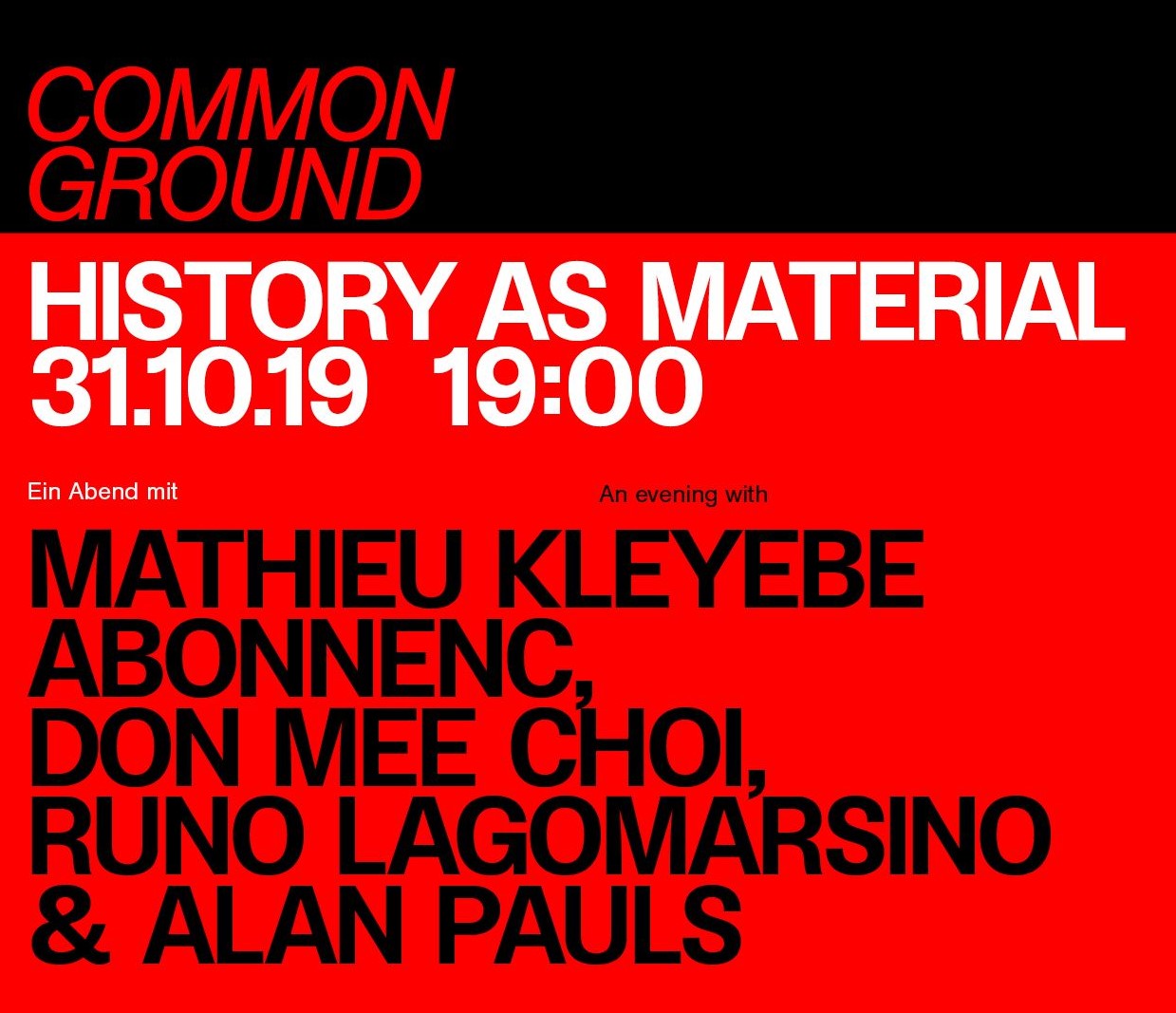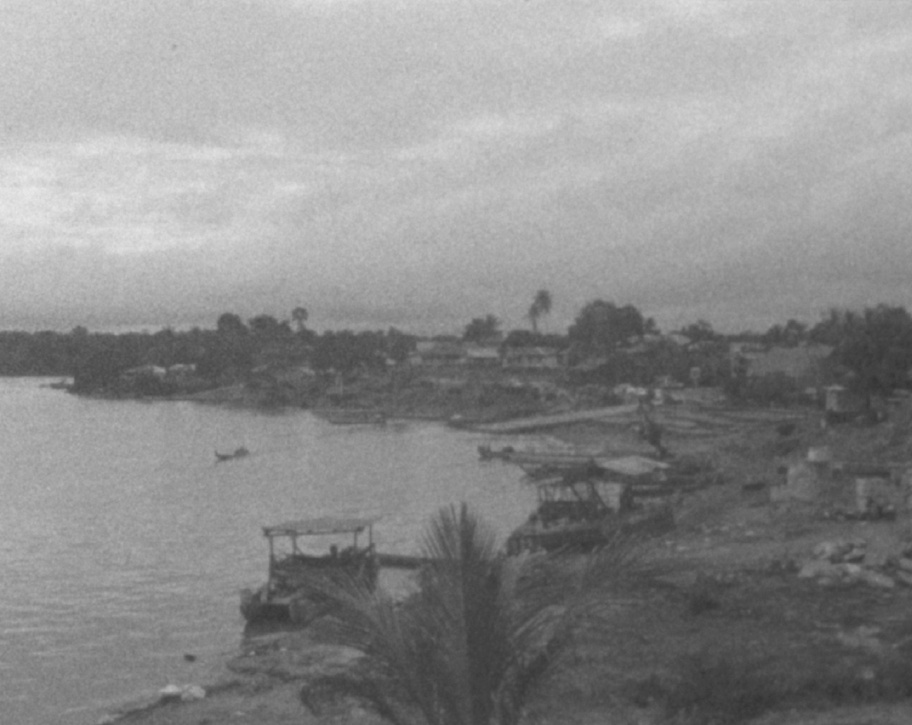France, Visual Arts, 2019
Mathieu Kleyebe
Abonnenc

Mathieu Kleyebe Abonnenc (*1977 in French Guiana) studies the cultural hegemonies that underpin contemporary societies. His artistic research focuses on colonial history and its consequences for cultural identities, including global relations and conflicts. Of crucial importance to his work is the Third Cinema and cinematic histories of decolonization of African states in the 1960s. In his videos, photographs, slide projections, and drawings, and through his use of archival material, exhibition projects, and presentations, he explores the causes of collective amnesia. Memories of a sort are always inherent in cultural objects and it is these memories that Abonnenc seeks to recover and renegotiate. His general approach is that of “reflective anthropology,” which subjects ethnographic authority to critical scrutiny.
Foreword to Guns for Banta (2010), for example, tells the story of the search for the lost film Guns for Banta, directed by Sarah Maldoror, a pioneer of militant political cinema from Guadeloupe. She spent several months on the island of Diabada in 1970 to shoot a film documenting the struggle of a young woman against the Algerian colonial power. Commissioned by the PAIGC (African Party for the Independence of Guinea and Cape Verde), the film was confiscated in its uncut form by the Algerian authorities who had provided the funding; it still remains unaccounted for to this day. It would have been Maldoror’s first film and Abonnenc charges its loss with renewed vitality in his retrospective “foreword,” which takes the form of a slide projection composed of archival material.
An Italian Film (Africa Addio) and its accompanying objects of copper Untitled (Bodies in a Pile) (both 2012) make direct reference to the monstrosities of colonialism in Africa and, more specifically, to the controversial pseudo-documentary Mondo Cane by Paolo Cavara, Gualtiero Jacopetti, and Franco Prosperi. Mondo Cane, the “Italian film” in question, not only documents the atrocities committed during the process of decolonization in the most shocking and racist manner, but the filmmakers actively encouraged these acts to take place in front of the camera. Abonnenc reversed the colonial exercise of power to produce his work, specifically the minimalist bars of copper are formed by melted coins from the Congolese province Katanga—he transformed the copper, which had been the focus of colonial interest in the Congo, to create a series of abstract “bodies.”
The forty-minute film Secteur IX B (2015) follows a young anthropologist and her examination of the objects brought to Paris by the Dakar-Djibouti expedition (1931–33), led by ethnologists Marcel Griaule and Michel Leiris. Over the course of her research she decides to try the prophylactic medication the expedition had taken, even though she knows there will be hallucinogenic consequences. Intriguingly, Abonnenc combines this cinematic fiction with a story from his own life. The film includes documents from the papers left by his grandfather, an entomologist who was involved in collecting cultural artifacts in Gabon for a museum of ethnology in Paris.
Abonnenc has presented solo exhibitions at Fundación Jumex, Mexico City (2018), MMK Museum für Moderne Kunst Frankfurt (2016), Kunsthalle Basel (2013), Fundação de Serralves, Porto (2012), and Gasworks, London (2011). He participated in the 56th Venice Biennale (2015) and Manifesta 8 in Murcia (2010).




